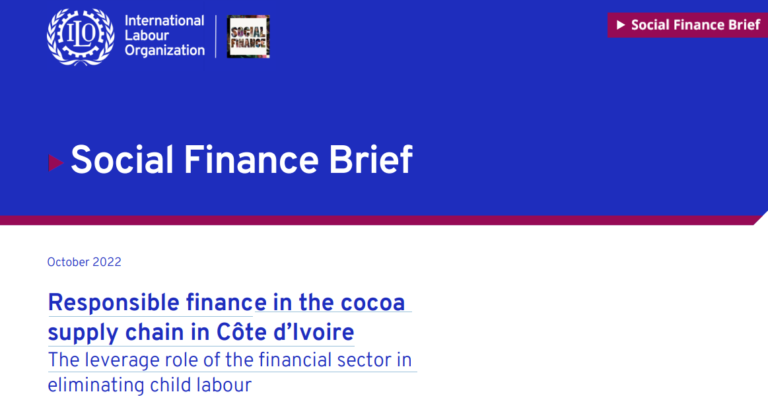Business Responsibility on Preventing and Addressing Forced Labour in Malaysia
News & AnalysisGuidanceGood PracticesIs this guide for you? This guide is for you if you are any of the following: You are an existing employer in Malaysia of one or more local or migrant worker. You will learn the definitions, concepts and national laws and policies related to f...Read More

